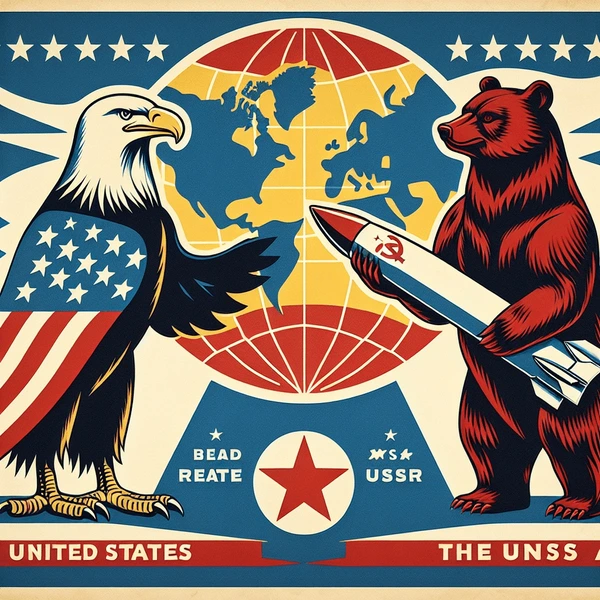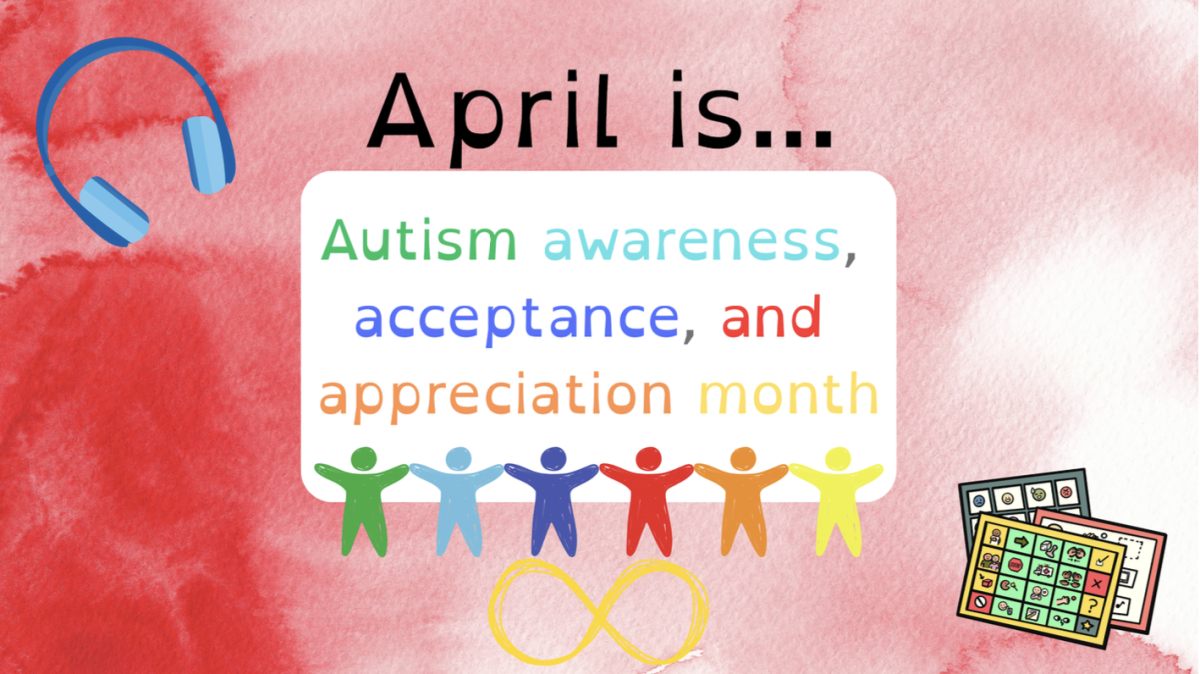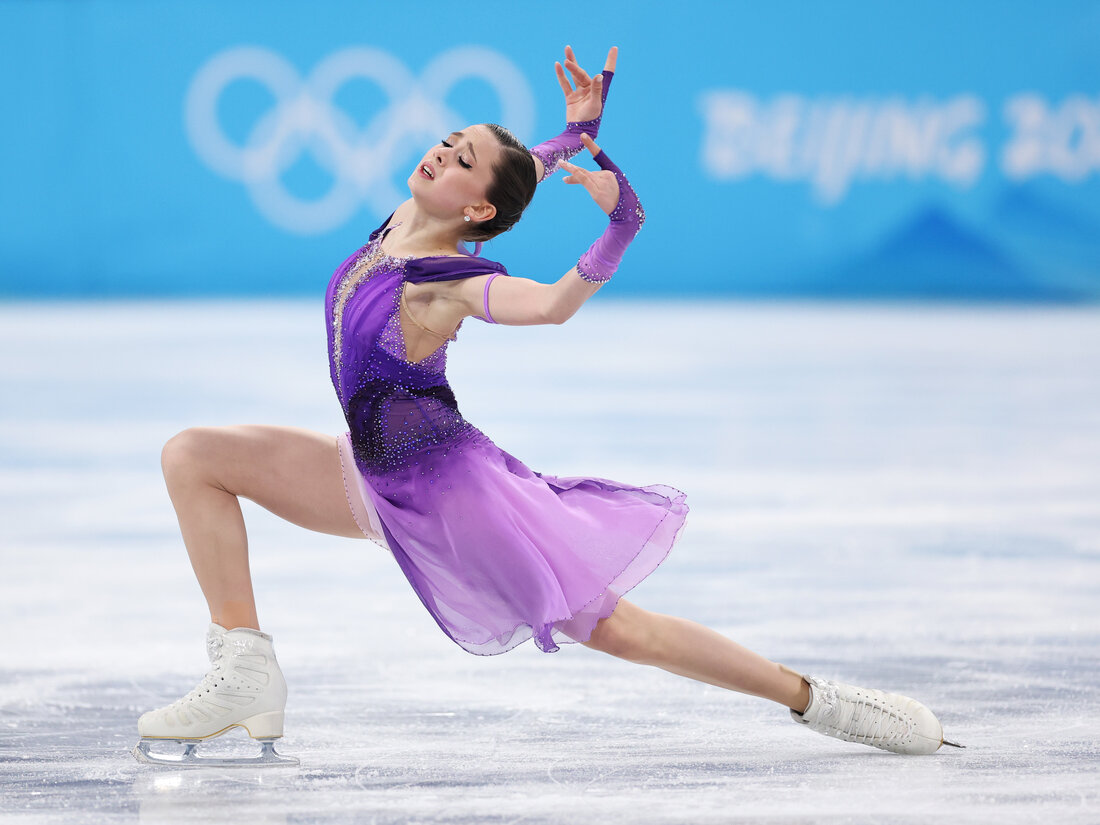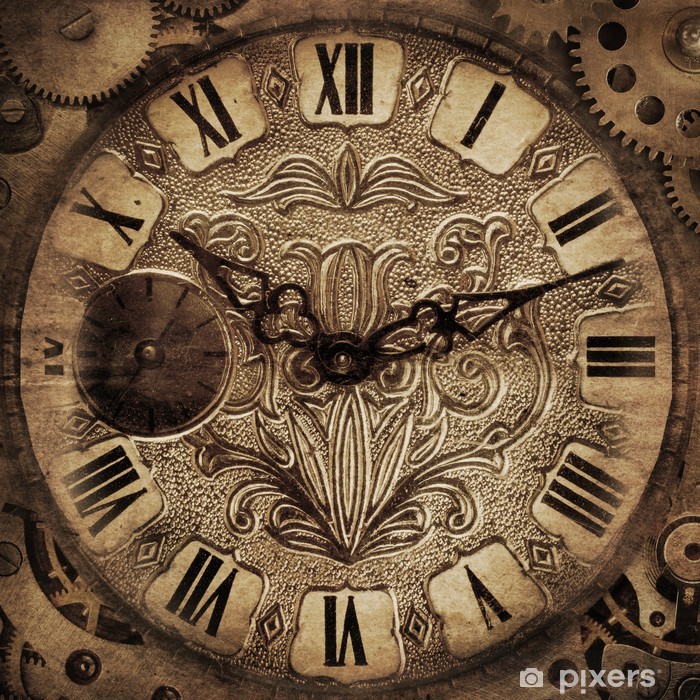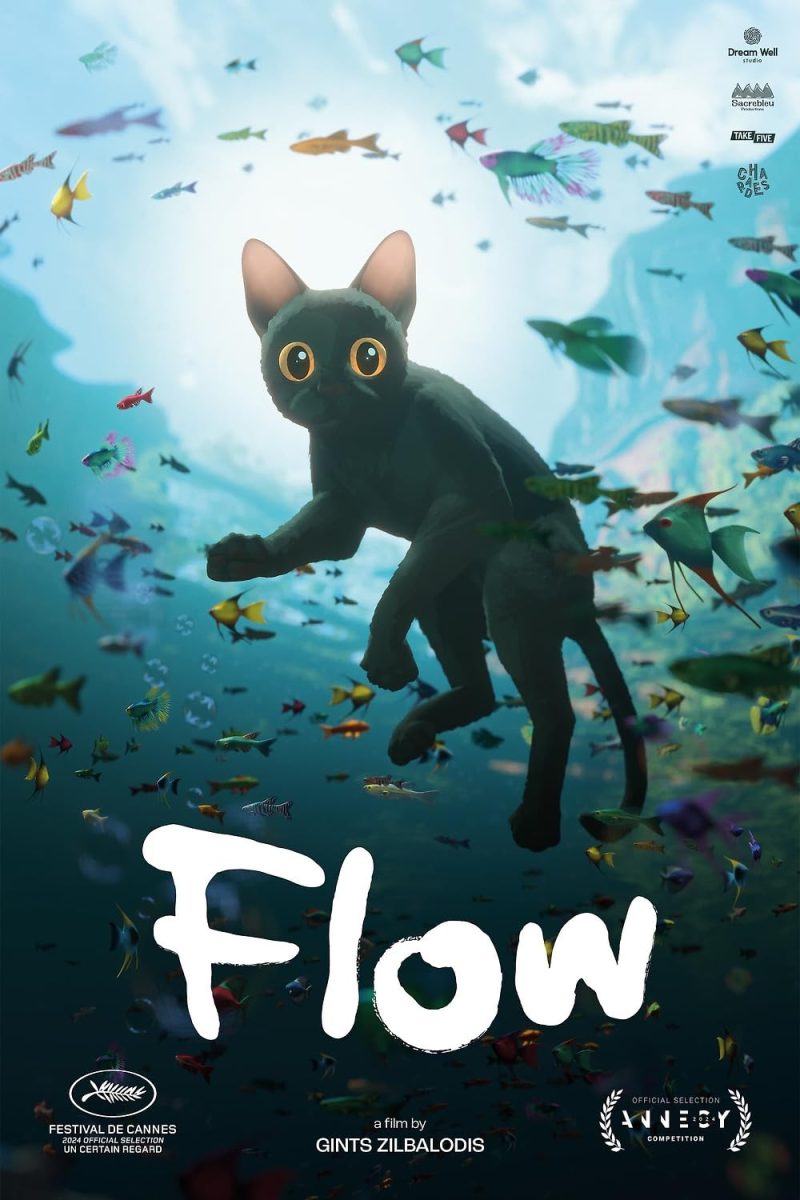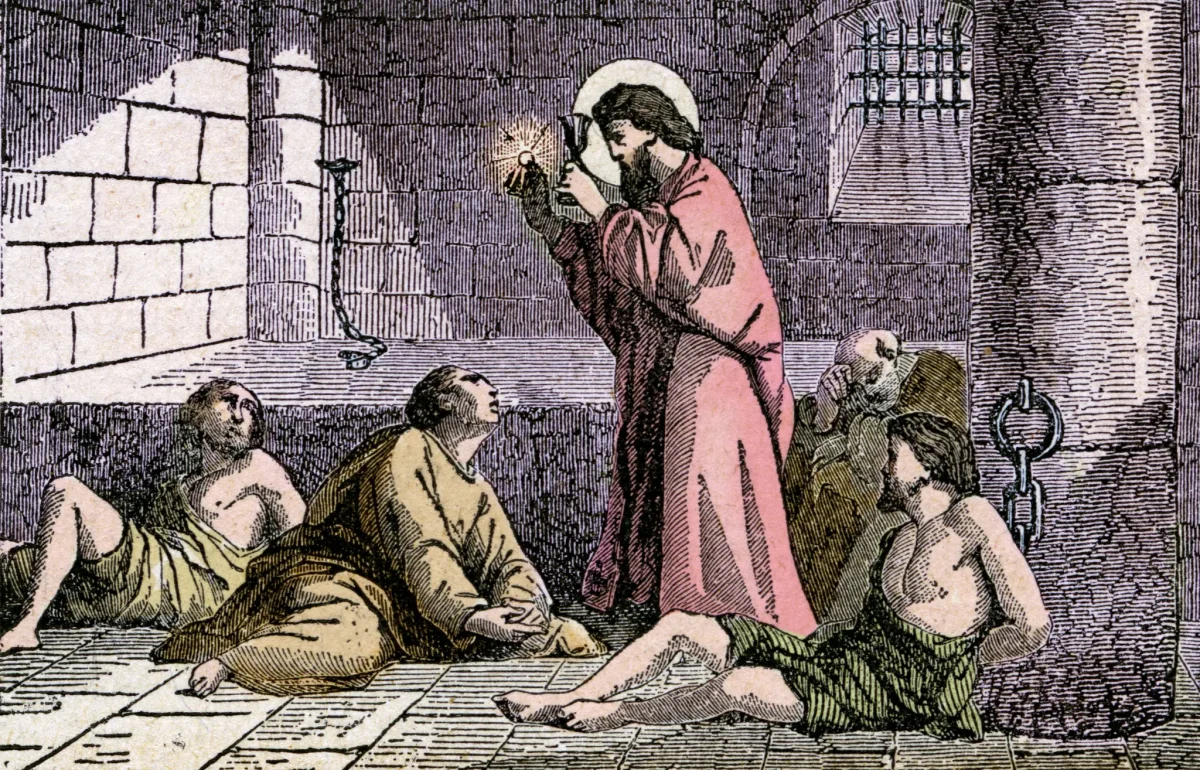I didn’t have many thoughts while reading, perhaps due to outside factors; perhaps due to this being a story recounted by Nick. The reminiscing of the misfortunes that befell Gatsby makes it feel rather detached from the story. However, we can see that Gatsby is, in actuality, a very pitiful and pathetic man. Young, coming from nothing, loving, but loving so naively. His naivety led him back to his past lover, Daisy, who he held onto with some sort of obsession that — in hindsight — should not have been there. Perhaps she loved him, perhaps she wanted money; is love that is discouraged by money real love?
In the end, Gatsby’s weird fascination with Daisy can signify a few things. First, we must wonder why he loved her so diligently. Maybe it’s because she made him feel alive, but perhaps too, she is the epitome of what an ideal woman would be. She was rich, she was desirable, and for a brief moment of time, she was Gatsby’s. Her fickleness that resembles the mass of society, and what they were pushing onto young women at the time, makes it very difficult to like her.
Then, Gatsby found out about Tom, desperately wanted to be in, and in doing so, he completely lost sight of himself. He not only, childishly, believed in the fibbed life of his which he enchanted the world with, believed in the justification of being a criminal for his wealth to impress a girl who doesn’t love him, and when he gets it all, he does not have enough. And in all the falsification of his story, he forms no real bond. He paints himself to be an enigma, so much so that in the end, he is alone.
We witness everyone cheating on each other, and all the misfortunes caused by blinding grief and blinding adoration alike. Every character is in some parts similar to each other, and that thought continuously strikes me. Each character is just like the other, and intertwined because of acts none of them should have ever committed to.
And when Gatsby dies, and no one comes for him, the truth of his existence litters the world with a glittering despair. He was alone, used for his money; used for a selfish societal gain. In that capitalist, money slicked, envious society, there is no surviving if you are compassionate. He only made it because of Wolsheim’s help; shady businesses that were once again, built on a stack of cleverly formulated lies.
The book ends on the line “Borne back ceaselessly into the past”, which can mean so many different things. In my opinion however, it attempts to illustrate (in a sort of morbid sense) the continued inevitability of living in the past. The past is the only thing that can be compared to; the past is the only thing that can be remembered, and felt in reminiscence, and shifted to
your own definition, and no matter how much you try to escape it, you can’t. The lead up to this last line is therefore, the most impactful of the story, and also the most devastating. The blatant juxtaposition of placing a claim full of hopefulness in how Nick describes reaching out towards the future, and then the abrupt cutting end to his sentence to something more mellow — something almost woeful — that describes life as a current, and the mind as stuck in the exact place that it should not be. An endless cycle of endless rivalry with one’s past that can no longer be grasped.
Categories:
The Great Gatsby Review

0
Donate to The North Star
Your donation will support the student journalists of Putnam City North High School. Your contribution will allow us to purchase equipment and cover our annual website hosting costs.
More to Discover
About the Contributor

Samia Shara, Co-Editor








